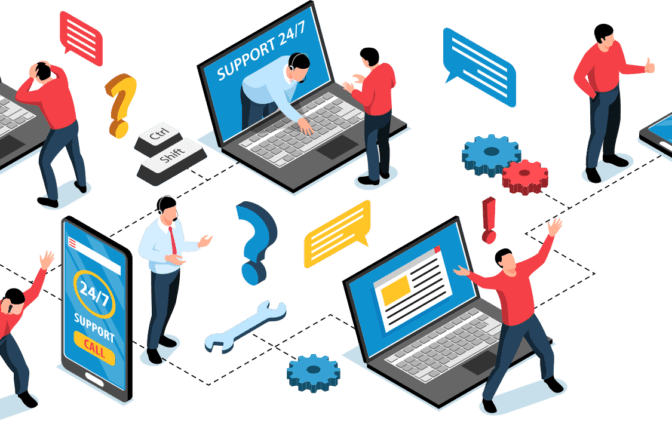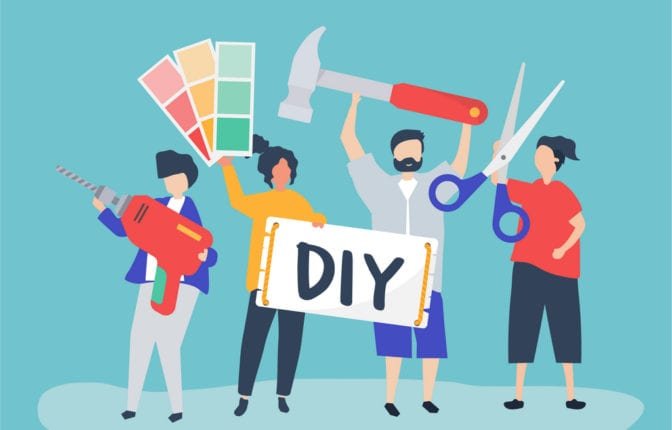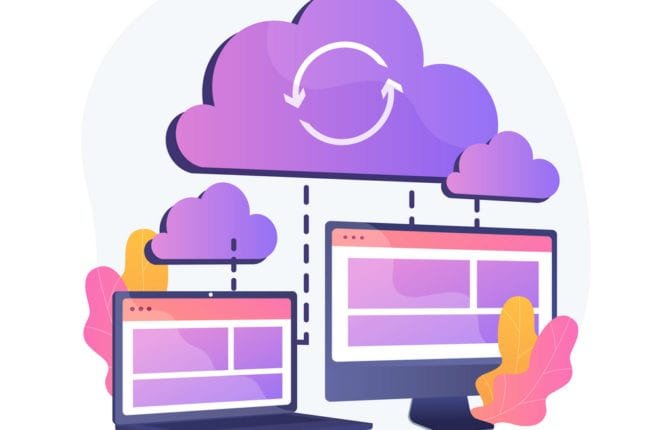
Virtual Event Top Challenges to Handle
“With the Covid-19 pandemic, threat still looming, number of virtual events more than doubled. With organisers giving participants access to live sessions as well as on-demand content”
The prime focus is on creating and maintaining a “connected digital experience”. For everyone in these troubled times to engage people.
1. Technical Expertise & Too Many Queries:

2. Technological Support:

3. Engagement Opportunities:

4. Strategy:

5. Two-way Communication:
Breakout sessions, coffee breaks, scheduled meetings, Q&A sessions. There are many ways in which the audience can take part in an in-person event. These opportunities are absent when the same event goes virtual. Many online event platforms host events that have one-way communication.
With the live/recorded videos playing, and the viewers having little to do. To avoid such boring scenarios, it is imperative to “make people talk”. Through live Q&A sessions, session feedback & opinion sections. Polls, virtual breakout rooms, QR code scanning, social community, and more. It is also a good idea to track and record user activity.

6. Audience Technology:
The audience is very selective about the technology they use during Virtual Events. Some are happy to use laptops and event apps to take part in a virtual conference. Others might want to join from their mobile, iPad or even TV or using a wide variety of streaming devices.
The onus is on the organisers to make sure that the event app or web portal should work on all devices and browsers. If there are any restrictions, mentioned beforehand. Not everyone is likely to be tech-savvy. So the entire on-boarding process should be as simple as possible. The point to remember here is that there are no physical check-ins and guidance available. Everything is in a DIY mode.

7. Consideration for Technological Limitations:
A virtual event platform might boast the most advanced features. But cannot replicate the live event experience. While the fact sometimes expectations of the participants are not set. The entire schedule, features and resources should be provided to the audience in advance. A clear explanation of the resources available. Event organisers also worry too much about technological limitations. Neglecting the bigger picture of content strategies and audience engagement in the process. The event planner should plan the event and then select a platform that would be the best fit.

8. Limitations on a Single end-to-end Solution:
There are event app builders for ticketing platforms and virtual event platforms. Each digital product claims to provide best-in-class accommodations. Yet, if an organiser uses many platforms for a virtual event. Things are bound to become discombobulating. While the total expenses for the virtual event will be more than a physical event. So, it makes enough of sense for event planners to go for a platform that distributes end-to-end solutions. And all the required functionalities under the hood.

9. Security & License:
In a virtual event, all content live sessions or recorded material is premium content. As such, organisers must be wary about unauthorised access. Take steps to rule out such possibilities. In a virtual event, artist performances need licenses. Do check with the virtual event service provider as they have been doing events on a regular basis. Companies do not want to share email id credentials for the login on the event. Event planners must provide solutions for the same. Tech vendor must ensure a full data security system. Seamless access to registered users. It is also a good idea to enquire about where the event data will be stored during and after the event.

Posted by Eventspedia © EMRG Solutions 2021

